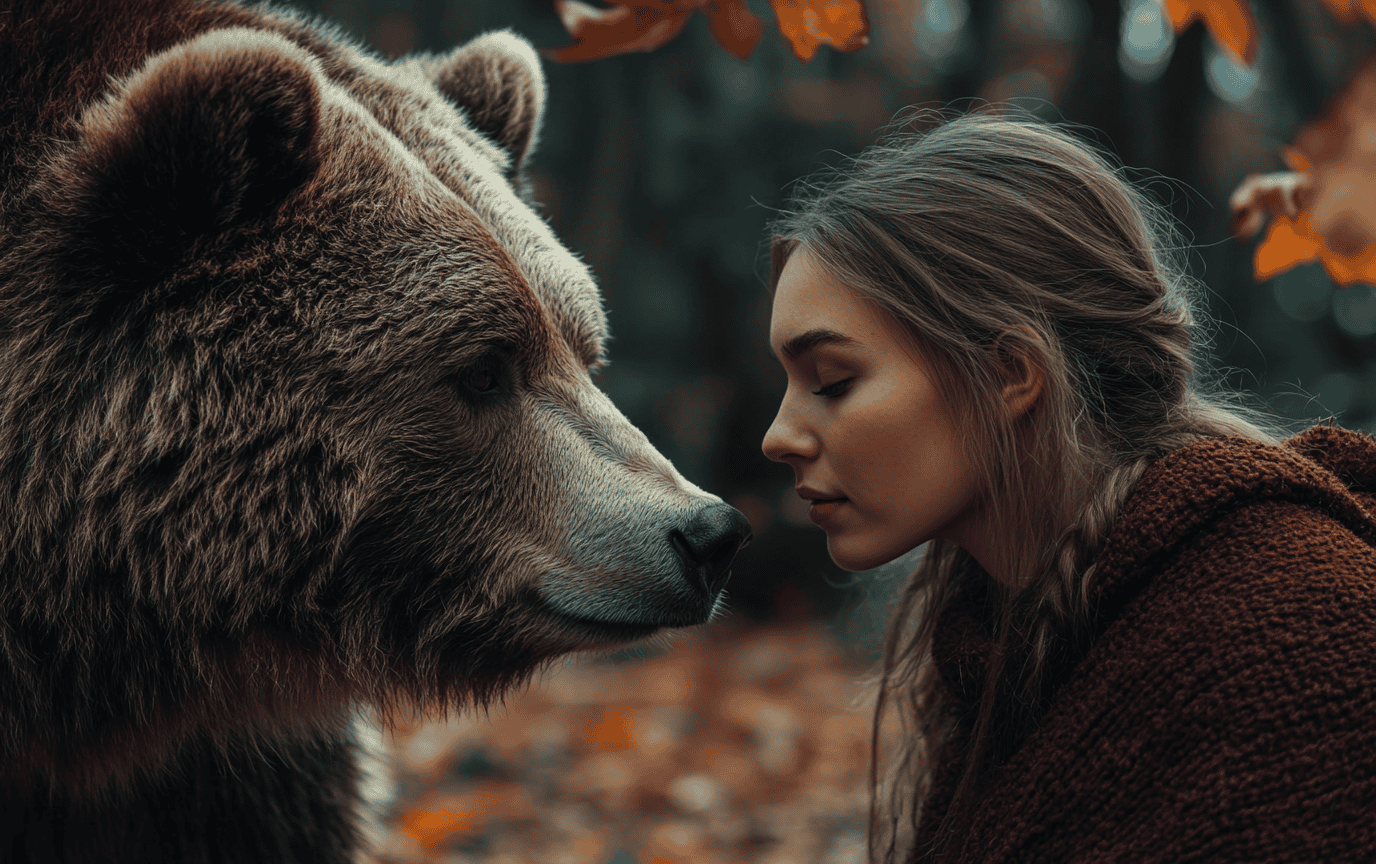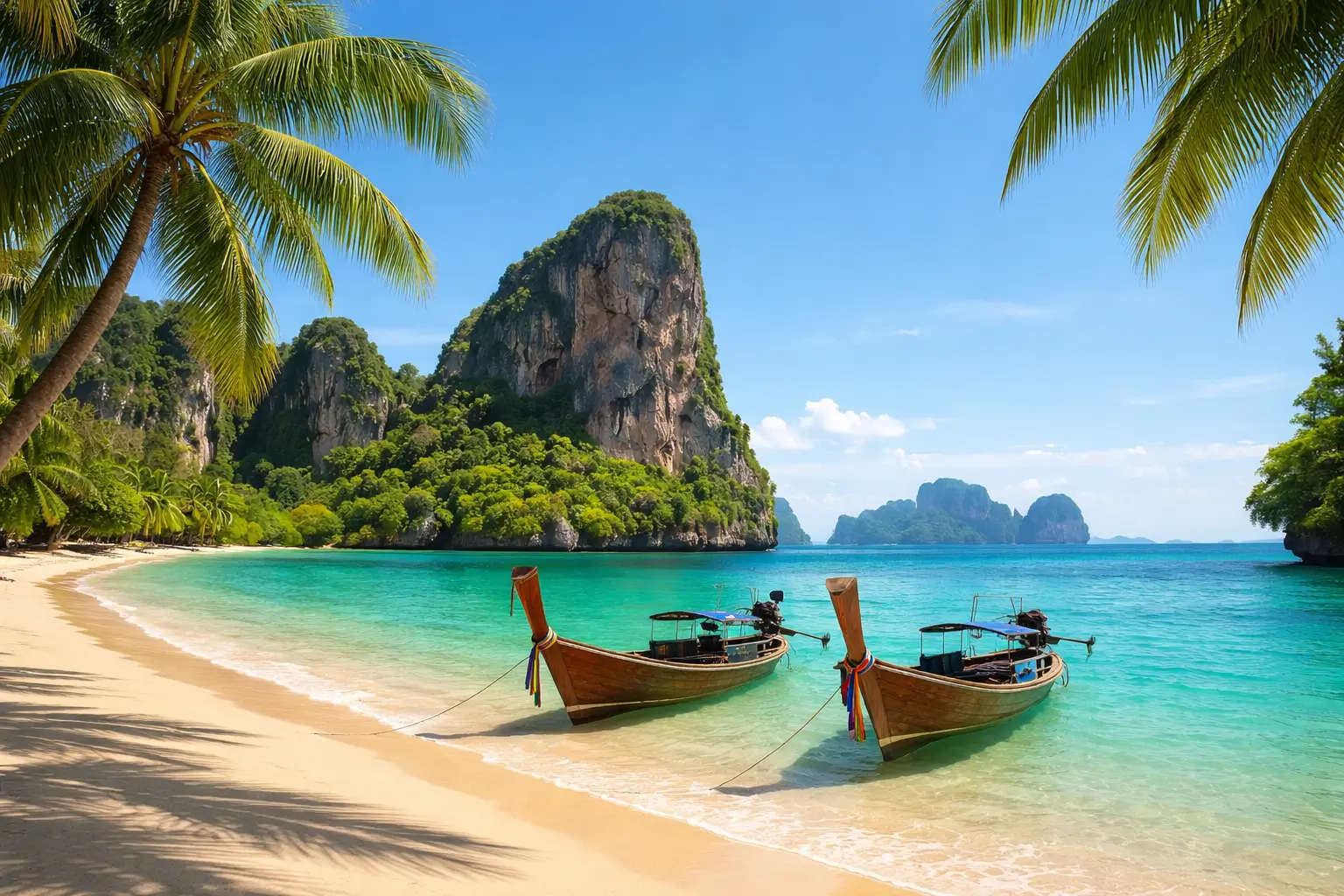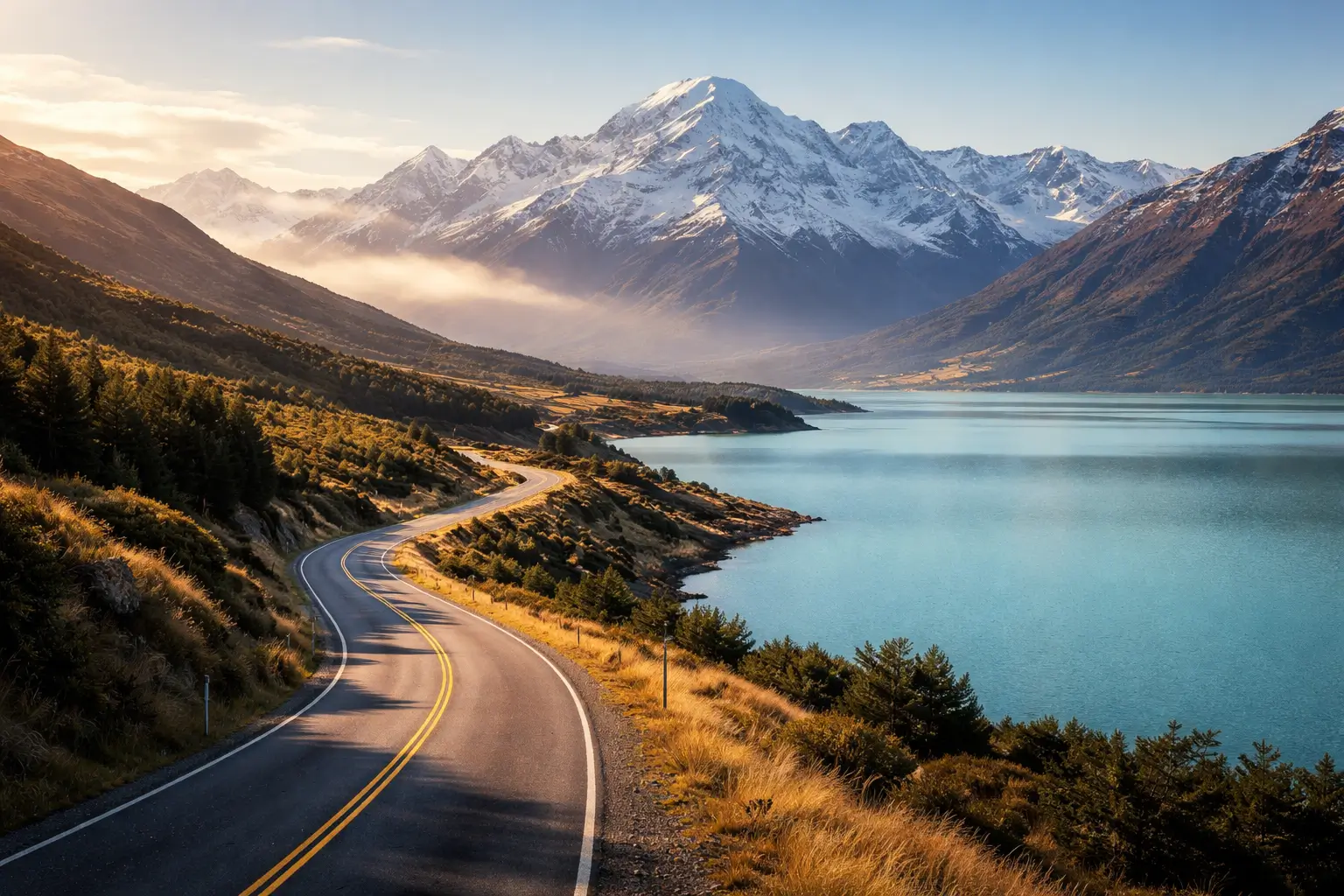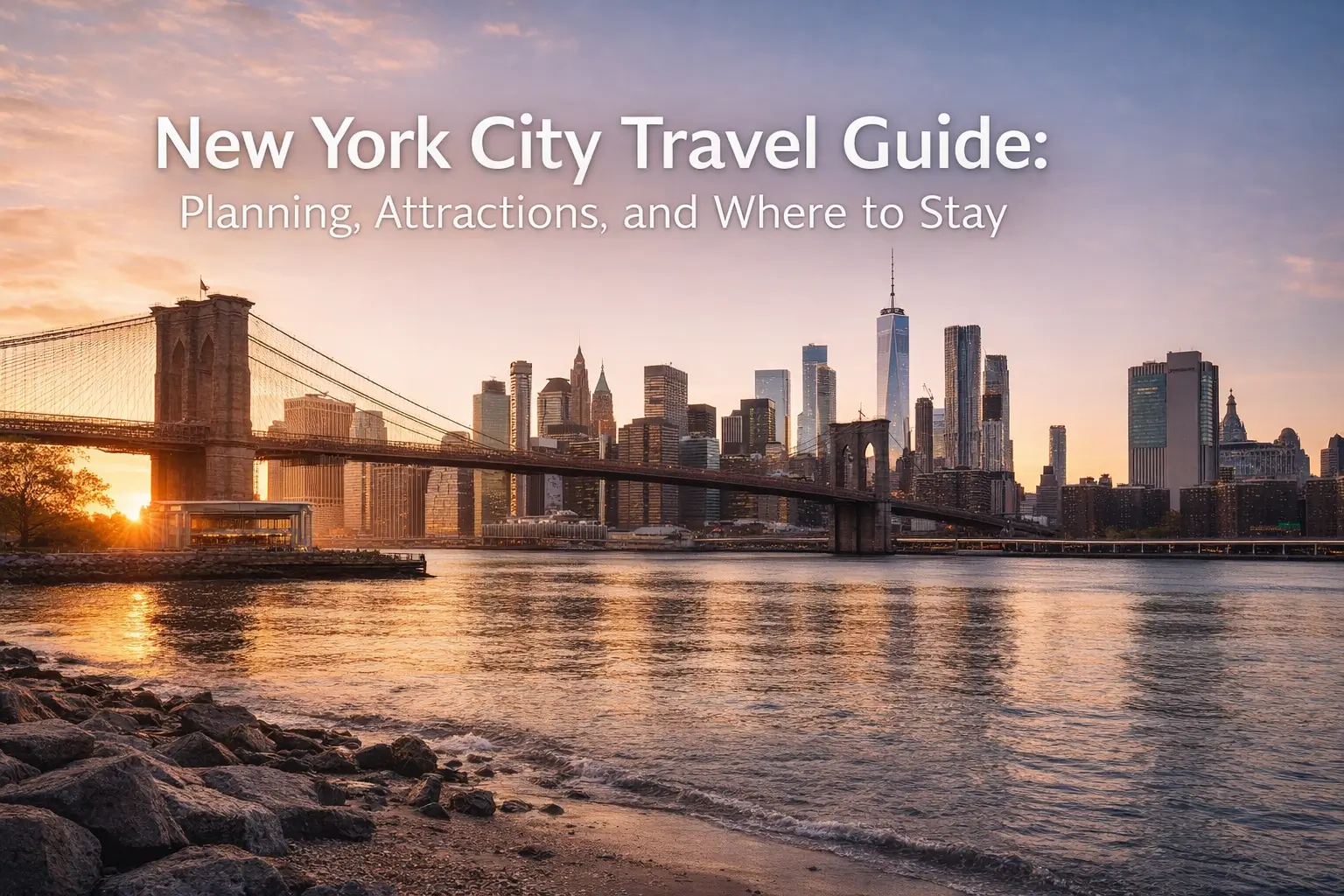Imagine standing amidst a dense forest, where every rustle in the shrubbery feels like an ancient whisper from the wildlife around you. The rich tapestry of life unfolds in front of your eyes; a vibrant blue jay flits from branch to branch, while the sun-dappled floor is littered with the soft footsteps of a deer passing through. There’s something profoundly humbling about sharing both space and time with nature’s wildest beings. Traveling invites you to explore not just new places but also the diverse cultural attitudes towards animals and our shared environment. This journey beckons us to bask in the delicate balance we maintain with the natural world.
In this article, we’ll traverse the fascinating landscape of cultural attitudes towards animals and nature, woven with personal anecdotes and travel tips that will help you gain a newfound appreciation for the world around you. Grab your hiking boots and let’s embark on this adventure together!
Cultural Attitudes Towards Animals and Nature
Throughout my travels, I’ve encountered countless perspectives on how different cultures embrace wildlife and the environment. In Japan, for instance, visiting the sacred Nara Park, I often found myself in a delightful tug-of-war with free-roaming deer. To the locals, these gentle creatures are revered as messengers of the gods. As I watched families feeding the deer rice crackers, I couldn’t help but reflect on the significant cultural reverence that shapes their relationship with these animals.
This admiration for wildlife contrasts sharply with attitudes I observed during my journey to Qatar. Here, the urban landscape sprawls out, dotted by tradition and modernity. Recent studies highlight the diverse cultural influences on conservation efforts and animal welfare, particularly in places where multiculturalism flourishes. Far from being a homogeneous view, attitudes towards animals are molded by religion, diet, and demographic factors. It’s this rich mosaic that intrigues me the most—how certain societal factors can profoundly impact conservation decisions and animal welfare practices.
Historical Threads and Ecological Traditions
Travel is like a mirror; it reflects back the history and traditions of the lands we tread upon. When standing at the edge of the Amazon Rainforest, the vitality of life pulsates through the air. Here, I was fortunate to engage with indigenous communities who maintain their ecological traditions and practices. They taught me about their deep connections to the flora and fauna that surround them, interwoven with stories and myths that resonate through generations.
Indigenous perspectives often regard animals not merely as resources but as integral participants in a broader web of life. I remember a local elder speaking tenderly of the jaguar, referring to it as a spirit guide—a creature that helps maintain the balance between the animal kingdom and humans. Listening to such narratives enabled me to grasp the essence of nature reverence, showing me how conservation goes beyond simply protecting species; it’s about understanding the threads that connect us to the environment and to each other.
Culinary Adventures: Food, Wine, and the Landscape
One of the most delightful aspects of travel is the cuisine. Each dish carries with it stories, beliefs, and a sense of shared experience. After all, nothing brings people together quite like a meal. In Spain, one evening I found myself sipping on a rich red wine while savouring a plate of rabbit paella, steeped in history and tradition. Here, rabbits symbolize sustenance and resilience—attributes with deep-rooted cultural significance.
Yet, as I celebrated these flavors, thoughts of environmental ethics tugged at my conscience. Our culinary choices can impact animal welfare and environmental sustainability. The pleasure of devouring exquisite meals is best enjoyed when balanced with a mindful approach to sourcing. On my travels, I’ve learned to search for restaurants that champion sustainable practices, showcasing the local game and plants ethically harvested and prepared. This not only supports local economies but also nurtures the relationship between people, animals, and the environment.
Lifehacks for Responsible Travel
Travel is as much about exploration as it is about responsibility. As we traverse through lush landscapes and encounter magnificent wildlife, here are some practical lifehacks to ensure your journey promotes respect and sustainability:
- Support Ethical Wildlife Tours: When planning your adventures, seek out companies that engage in eco-friendly practices. Always ask about their animal welfare protocols—your dollars can make a difference!
- Pack Light, Travel Far: I always bring a reusable water bottle and a set of travel cutlery. Not only does it cut down on waste, but it also reminds me of the importance of living lightly and sustainably.
- Observe, Don’t Disturb: While on safari in Kenya, I was always reminded by our guide to observe wild animals from a distance. Respect their space. It’s a powerful feeling when I realized they are not just subjects of our curiosity but living beings deserving of respect.
- Reconnect with Local Cultures: Every journey should foster dialogues that reveal local attitudes towards nature and animal welfare. Be open to learning the stories behind the traditions and practices—for these are often deeply rooted in cultural history that reflects in their approach to wildlife.
Conclusion
As I reflect on my travels, the interconnectedness between our cultures, animals, and nature becomes abundantly clear. We navigate a complex web of relationships that define our attitudes toward the environment. Every encounter is an opportunity to understand and appreciate the diverse practices and beliefs that shape our interactions with the animal kingdom. This is not just a journey through stunning landscapes but an exploration of the heart and values that bind us to the earth and each other.
Travel, dear friends, is a continuous dialogue—to honor nature’s beauty and to recognize the intricate patterns weaving us into its fabric. So, as you embark on your next adventure, remember to observe the world through the lens of respect and empathy, fostering conversations that lead to a more sustainable tomorrow.
Want to stay updated on the latest travel tips? Check out our Travel Tips section for the latest advice. For lifestyle inspiration, explore our Lifestyle category, and dive into amazing destinations at Destinations. Don’t forget to connect with us on YouTube, or follow our adventures on Instagram and Pinterest.
My dear friends, may your travels be filled with wonder, introspection, and an ever-deepening respect for the natural world around you. Safe travels!

















